18:00h. CEST
Plenary Talk by Dr William D Phillips
Nobel Prize in Physics 1997
“A new measure: the quantum reform of the International System of Units”
The metric system began with the French revolution, and now we are experiencing the greatest revolution in measurement since the French revolution. The definitions of the kilogram, ampere, kelvin, and mole are all changed, being based on chosen and fixed values for Planck’s constant, the electron charge, Boltzmann’s constant, and Avogadro’s number. This talk will explain how this is possible and why it was necessary
Online live streaming here

William D. Phillips received a B.S. in physics from Juniata College in 1970, and his Ph.D. from the Massachusetts Institute of Technology in 1976; after two years as a postdoctoral researcher at MIT, he joined NIST (then the National Bureau of Standards) to work on precision electrical measurements and fundamental constants. There, he initiated a new research program to cool atomic gases with laser light. His research group has been responsible for developing some of the main techniques now used for laser-cooling and cold-atom experiments in laboratories around the world. Atomic fountain clocks, based on the work of this group, are now the primary standards for world timekeeping. Among the group’s current research directions are the use of ultra-cold atoms for quantum information processing and quantum simulation of important physical problems.
Dr. Phillips is a member of the American Academy of Arts and Sciences and of the National Academy of Sciences. In 1997, Dr. Phillips shared the Nobel Prize in Physics “for development of methods to cool and trap atoms with laser light.”
Message to young scientists of the European Union Contest for Young Scientists:
When I am asked what advice I have for young people, my answer is always “Stay curious.” When we are young, our curiosity is insatiable. We want to experience and to explore everything around us. The necessities of maintaining order in classrooms, of keeping children safe from all sorts of dangers, and the myriad concerns of the adults who care for those children, slowly but surely squeeze out much of that curiosity from most children. Those who retain their childlike curiosity are the ones who become scientists and other adventurers of the mind. Life is an adventure and one of the greatest and sweetest parts of that adventure is learning. I am fond of saying that a good day is a day in which I learn something new. During this time of competition, and more importantly, for the rest of your lives, I wish for you many such good days.









